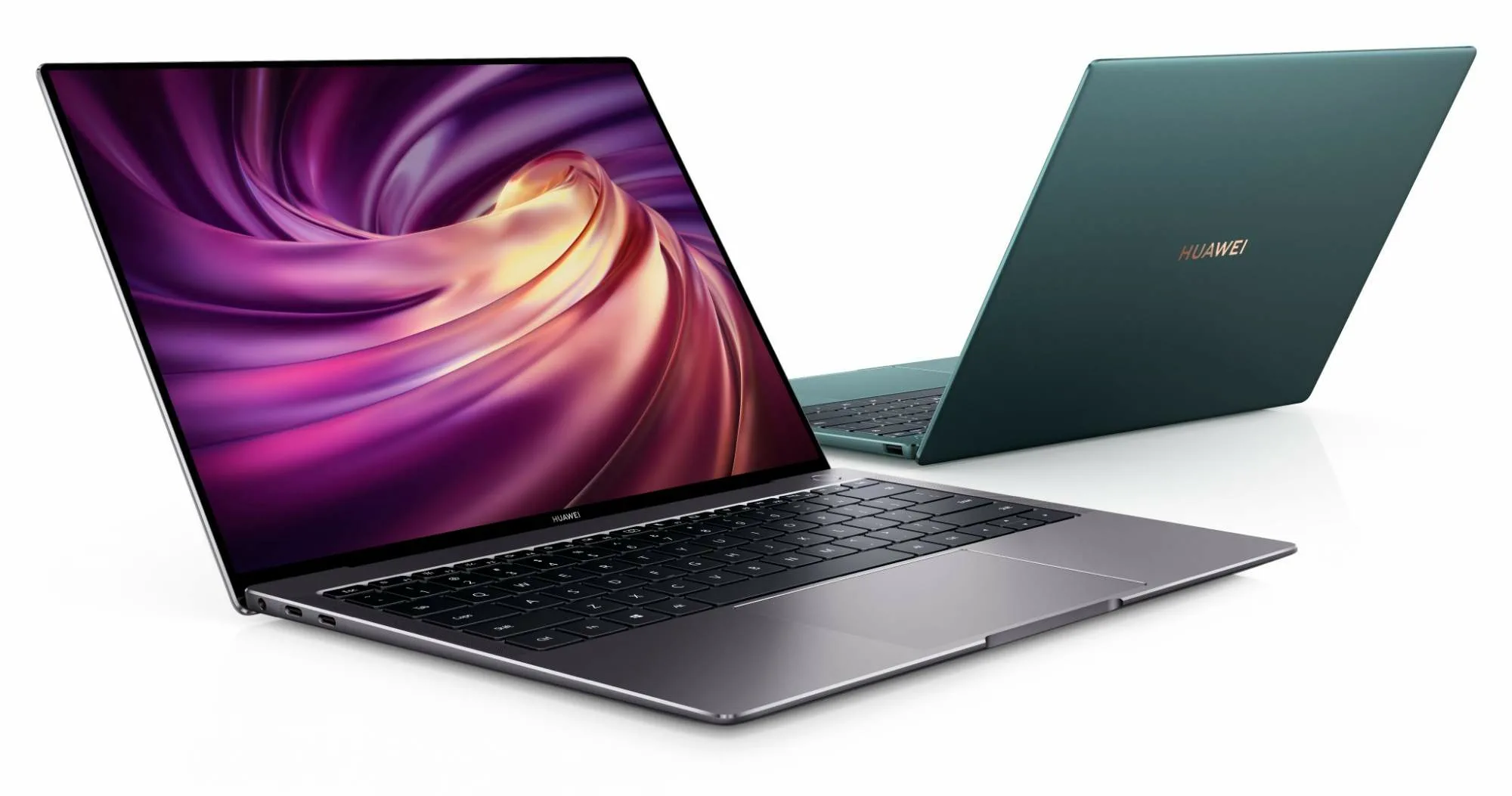Google has introduced a new experimental application called Google AI Edge Gallery, which allows you to run artificial intelligence models directly on mobile devices without an internet connection. The first version is already available for Android users, and soon it is expected to be released on the iOS platform.
The app allows you to download AI models from the popular Hugging Face platform and run them locally, using the computing resources of the device itself — in particular, the CPU and GPU of the smartphone. Available tasks include generating images, automatically answering questions, editing program code, and rewriting texts.
One of the key features of the app is the built-in Prompt Lab environment — a flexible tool that allows users to set and configure various one-time commands. This allows you to adapt the behavior of models for specific tasks, without resorting to cloud services.
The development is aimed at enthusiasts and developers working in the field of AI, mobile development and edge computing. Due to the fact that the app does not require a server connection and works completely offline, it is especially interesting for tasks where autonomy, data protection, and minimal latency are important.
The performance and speed of generating results directly depend on the power of the device: on flagship smartphones, processing is performed much faster than on mid-level models. However, even on less productive devices, the app shows stable performance.
Google released AI Edge Gallery as experimental alpha version It is open source under the Apache 2.0 license. The project is already hosted on GitHub and is available for download, study, and modification. This highlights the company's commitment to developing an open ecosystem of artificial intelligence tools, including in the field of local computing.
The emergence of such an application can be an important step towards increasing the availability of AI tools, especially in cases where the use of cloud solutions is impossible or impractical — for example, with limited Internet, high privacy requirements, or in remote regions.











